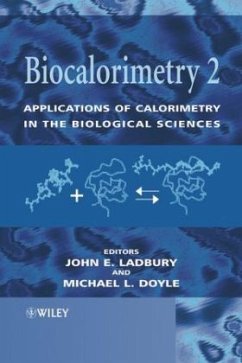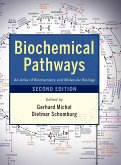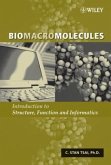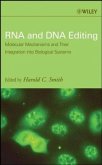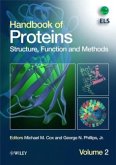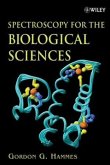Following the success of the first edition, this new book covers all the latest advances in biocalorimetry. High sensitivity calorimeters are now common in most laboratories that require measurement of thermodynamic parameters associated with biomolecular interactions and stability. They are used to investigate interactions among drugs, proteins and nucleic acids as well as DNA and protein stability. Written by leading experts, this book serves as an indispensable reference in biocalorimetry.
Over the last decade, high-sensitivity calorimetry has developed from a specialist method used mainly by dedicated experts to a major, commercially available tool in the arsenal directed at understanding molecular interactions and stability. Calorimeters have now become commonplace in bioscience laboratories. As a result, the number of those proficient in experimentation in this field has risen dramatically, as has the range of experiments to which these methods have been applied. Applications extend from studies in small molecule and solvent biophysics, through drug screening to whole cell assays. The technology has developed to include higher levels of sensitivity (and hence smaller sample size requirements) and a drive towards high-throughput technology, creating a very large user base in both academia and the pharmaceutical industry.
This book is a fully revised and updated edition of the successful Biocalorimetry: Applications of Calorimetry in the Biological Sciences, published in 1998. Since then, there have been many advances in the instrumentation as well as in its applications and methodology. There are general chapters highlighting the usage of the isothermal titration calorimeter and the differential scanning calorimeter, more advanced chapters on specific applications and tutorials that cover the idiosyncrasies of experimental methods and data analysis. The book draws these together to create the definitive biological calorimetric text book.
This book both explains the background to the method and describes novel, high-impact applications. It features works of interest to the experienced calorimetrist and the enthusiastic dilettante. The book should be of interest to all working in the field of biocalorimetry, from graduate students to researchers in academia and in industry.
Hinweis: Dieser Artikel kann nur an eine deutsche Lieferadresse ausgeliefert werden.
Over the last decade, high-sensitivity calorimetry has developed from a specialist method used mainly by dedicated experts to a major, commercially available tool in the arsenal directed at understanding molecular interactions and stability. Calorimeters have now become commonplace in bioscience laboratories. As a result, the number of those proficient in experimentation in this field has risen dramatically, as has the range of experiments to which these methods have been applied. Applications extend from studies in small molecule and solvent biophysics, through drug screening to whole cell assays. The technology has developed to include higher levels of sensitivity (and hence smaller sample size requirements) and a drive towards high-throughput technology, creating a very large user base in both academia and the pharmaceutical industry.
This book is a fully revised and updated edition of the successful Biocalorimetry: Applications of Calorimetry in the Biological Sciences, published in 1998. Since then, there have been many advances in the instrumentation as well as in its applications and methodology. There are general chapters highlighting the usage of the isothermal titration calorimeter and the differential scanning calorimeter, more advanced chapters on specific applications and tutorials that cover the idiosyncrasies of experimental methods and data analysis. The book draws these together to create the definitive biological calorimetric text book.
This book both explains the background to the method and describes novel, high-impact applications. It features works of interest to the experienced calorimetrist and the enthusiastic dilettante. The book should be of interest to all working in the field of biocalorimetry, from graduate students to researchers in academia and in industry.
Hinweis: Dieser Artikel kann nur an eine deutsche Lieferadresse ausgeliefert werden.

